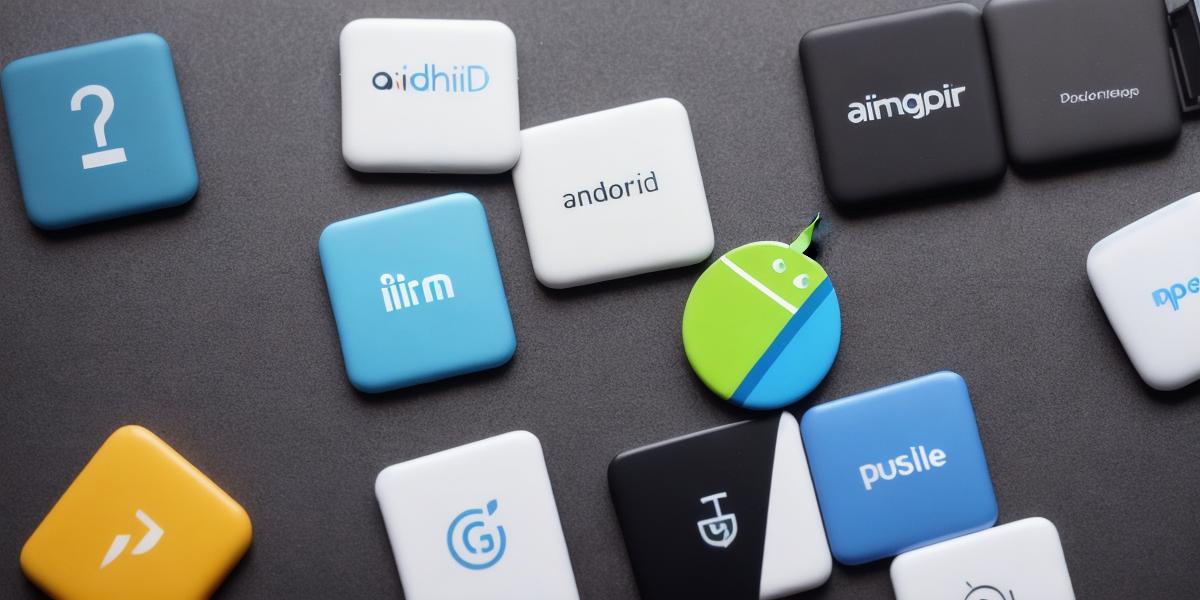Android is one of the most popular mobile operating systems on the market, with billions of devices running on it. However, despite its widespread use, there are several drawbacks that developers should consider before choosing to build an app for Android. In this article, we will explore some of these drawbacks and compare them to other platforms.
Limited Customization Options
One major drawback of Android development is the limited customization options available. While Android does offer a lot of flexibility in terms of user interface design, it can be difficult for developers to create truly unique experiences. This is because many of the key features and functions of the operating system are controlled by Google, which means that there are certain limitations on what developers can do.

In contrast, platforms like iOS and Windows offer much more flexibility in terms of customization. Developers can create their own user interfaces and control the look and feel of their apps, giving them greater freedom to create truly unique experiences for their users. This is one of the reasons why these platforms are often preferred by developers who want to stand out from the competition.
Fragmentation and Compatibility Issues
Another major drawback of Android development is the fragmentation and compatibility issues that can arise. Because there are so many different devices running on Android, it can be difficult for developers to ensure that their app will work properly on all of them. This is because each device has its own unique specifications and software version, which can lead to compatibility issues and bugs.
In contrast, platforms like iOS and Windows offer much more consistent experiences across different devices. Because these platforms are controlled by a single manufacturer, there is less fragmentation and greater consistency in terms of hardware and software specs. This makes it easier for developers to create apps that will work seamlessly on all devices running on the platform.
Security Issues
Security is another major concern for Android developers. Because Android is an open-source operating system, it is more vulnerable to security threats than closed-source platforms like iOS and Windows. This is because there are many more people working on the codebase, which means that there are more opportunities for bugs and vulnerabilities to be introduced.
In addition, because Android devices are often used by less tech-savvy users, they may be more vulnerable to phishing attacks and other types of malware. This is another reason why security should always be a top priority for Android developers.
Limited Monetization Options
Finally, there are limited monetization options available for Android developers. While Google does offer a variety of ways for developers to make money from their apps, such as in-app purchases and ads, these options can be less effective than those available on other platforms.
For example, Apple’s App Store has a reputation for being more profitable for developers than the Google Play Store. This is because Apple takes a smaller cut of app sales and allows developers to charge higher prices for their apps. In addition, Apple’s strict app review process can help to create a higher-quality app store, which can lead to better monetization opportunities for developers.
Conclusion
In conclusion, while Android development offers many benefits, there are also several drawbacks that developers should consider before choosing to build an app for the platform. Limited customization options, fragmentation and compatibility issues, security concerns, and limited monetization options are all factors that should be taken into account when making this decision. Ultimately, the best choice will depend on the specific needs and goals of the developer.
